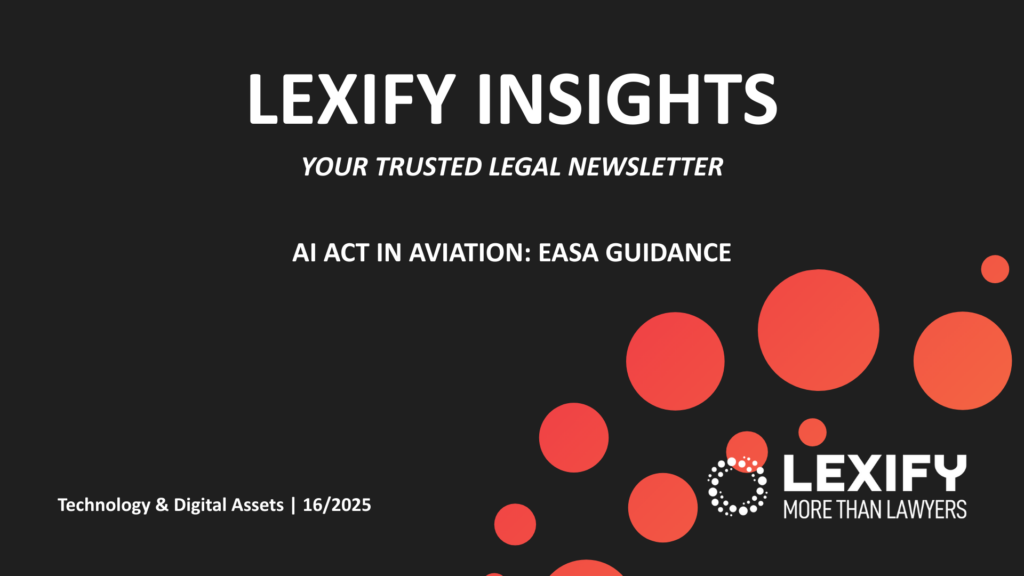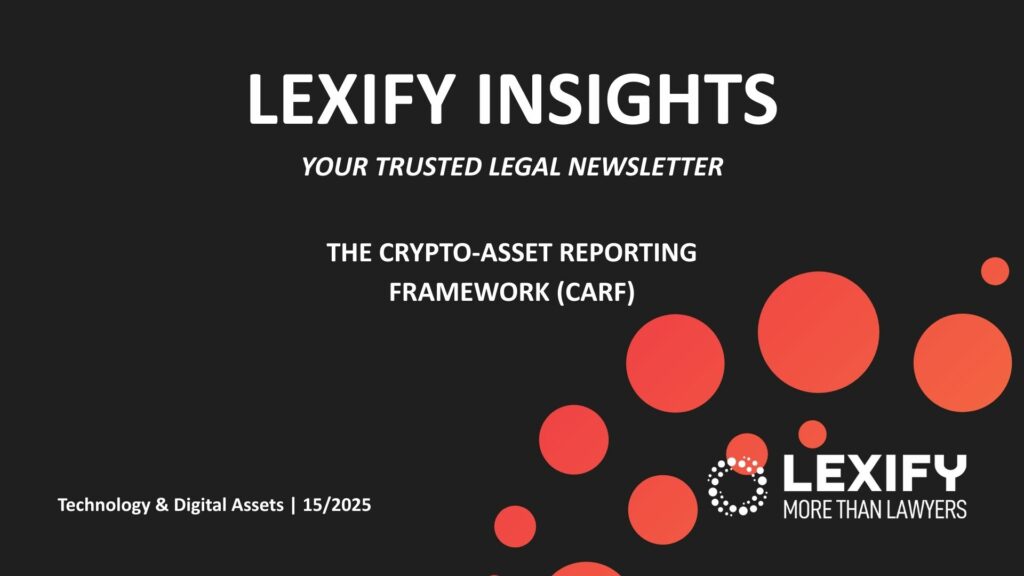The issue of direct and indirect taxes impacting companies (legal entities) issuing tokens takes on great interest and complexity, both in terms of their qualification and attribution value in the absence of a market.
Concerning the qualification, it is well known that in the designing and development stage of the business or product, start-ups usually do not have access to a large amounts of capitals, and, mostly, they do not generate any income. The founder of the company, in order not to burden the company financial statements, is not hired by the company, or is hired at a minimum wage, for as long as the company is in the planning stage. For this work performance, the founder as normally asks to be paid through the transfer of future tokens issued by the company itself. When he takes this payment method, however, the value of the token is zero. Once the token is issued, typically after months or years of work, the question about his remuneration and its qualification under a taxation point of view, arises . Indeed, the first question to be asked is to know whether it is a salary or a disguised distribution of profits.
As referred by Article 58 cpv. 1 lett. b of the Direct Federal Tax Act (LIFD) it can be considered as a disguised distribution of profits, if, according to the case law of the Federal Supreme Court (DTF 140 II 88, consid. 4.1.), three conditions are all met:
- The performance by the company must be granted without corresponding counter-performance;
- the benefit would directly or indirectly concerns a shareholder or a close person, which means, that this privilege would not be granted on the same terms to an independent third party;
- the disproportion between the benefit and the related performance must be recognizable by the company’s organs, that is, the benefit to the shareholder must have been given intentionally.
While the second and third conditions might raise doubts, however, certainly in addition to the lack of disproportionality between the service and the related consideration given by the latter point, it is especially the first condition that excludes a classification as disguised distribution of profits, since the founder, for all intents and purposes, is performing services for the benefit of the company, justified by business uses and remunerated in the form of tokens. Moreover, if the service had been performed by an independent third party, he would have been paid for the work performed in any case. Therefore, we can consider that the payment of tokens to the founders is to be qualified as a salary and not as a dividend.
More difficult, is the question about what is the tax value of tokens delivered to founders. Based on the 2018 Federal Tax Administration (AFC) working paper, the value to be taken as a reference is the token value at the time of receipt of the benefit or upon the acquisition of a fixed legal right to the benefit. However, the AFC’s 2021 working paper (p. 11) indicates that “tokens issued in the foundation process should be valued at a minimum similarly to tokens issued to independent third parties during the pre-Sale stages. If the current appraisal value cannot be determined, the token should be stated at the initial purchase price, converted to Swiss francs.”
Unfortunately, this practice doesn’t consider at least the risk of the founders, who are paid in tokens long before the pre-sale phase. In our view, it is possible to give founders even less than the pre-Sale value, provided that sufficient time has passed between the time of the pre-Sale and the start of the founder’s activity, ino order to generate the value of the pre-Sale token. The token cannot be sold of course at a value of zero.
Once paid to their founders, the tokens are considered for tax purposes by the AFC as simply a means of payment or rather as a “traditional” foreign currency. Therefore, in cases of cryptocurrency remunerations, they are taxed as foreign currency income, valued at a minimum in a similar way as tokens issued to third parties during pre-sale phases, to be converted into CHF at the exchange rate of the day or the average exchange rate. In contrast, there are no additional tax consequences, such as withholding tax and stamp duty.


